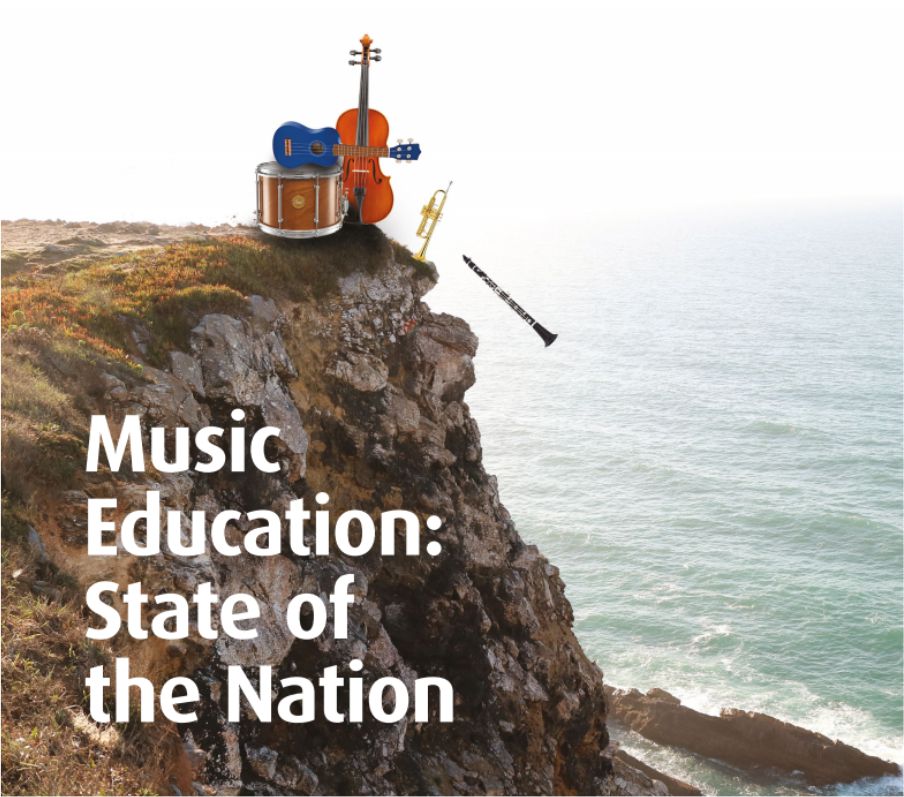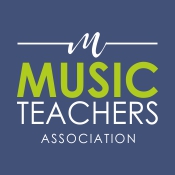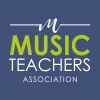
Simon Toyne (President Elect) and Keith Ayling (Media Manager) attended the launch of the new report into Music Education by the All-Party Parliamentary Group for Music Education. Keith Ayling reports back and collates a summary.
On Monday 4th February 2019, we joined many of the most influential leaders in music education to receive and discuss the new report ‘State of the Nation’. Presented at Westminster’s Boothroyd House by Diana Johnson MP, the panel also included Deborah Annetts (ISM), Duncan Mackrill (University of Sussex), Carl Ward (Association of School and College Leaders) and Xhosa Cole (BBC Young Jazz Musician).
This report draws together significant research from University of Sussex, BBC, UCL/NUT, ASCL and ISM. Led by Dr Alison Daubney (University of Sussex) and Gary Spruce (Birmingham City University) the report is an important piece of research engaged with music education. It drills deep in to the Government’s own figures regarding the English Baccalaureate and makes 18 positive and achievable recommendations to turn the recent downturn in to a strengthened creative sector.
Studying music builds cultural knowledge and creative skills. It improves children’s health, wellbeing and wider educational attainment. The creative industries, now worth more than £100 billion to the UK economy,
rely heavily on the pipeline of creative talent from schools which has been essential in creating the UK’s world-renowned music industry. Music also
enables young children to develop the sheer love of expressing themselves through music, discovering their own inner self and being able to develop
emotional intelligence and empathy through music.
Government policy, particularly around accountability measures like the English Baccalaureate (EBacc), has
significantly negatively impacted on music education in schools in England. Curriculum time for music (which is statutory for Key Stage 1–3) has reduced, along with opportunities for children to pursue music to GCSE and A Level.
The Department for Education’s own data shows a fall of over 20% in GCSE music entries since 2014/2015 – a 17% fall when adjusted for reduced
cohort size. Secondary school music teacher numbers have fallen by over 1,000 in the same period at a time when EBacc subjects are seeing teacher numbers rising. The decline in GCSE music is a warning for other non-EBacc subjects, with many other non-EBacc subjects suffering similar or worse outcomes.
To address the decline in music education the Government should ensure that all schools should teach music on a regular and sustained basis across the whole of Key Stages 1-3 irrespective of whether they are an academy or not. The Government should also review and reform the EBacc and Progress 8, to make sure that our children are getting the education they need for the 21st century, not one which is rooted in the 1904 Secondary Regulations. And at its heart must be creative education.
The EBacc must be addressedResearch set out in this report highlights the serious failings of the EBacc policy which urgently need to
be addressed.
To date the target of 75% (90% by 2025) for EBacc take up has failed to be met by a very long way. Currently the number of students studying the EBacc has plateaued at around 38% in state-funded schools. Indeed the number of students passing the EBacc
was just 16.7% in 2017/2018. And yet this failing policy is causing untold damage to music and many other creative subjects in our schools.
And for what?
There are serious questions to be addressed regarding the music education workforce that is demoralised from the marginalisation of music in our schools, as well as facing both skills and funding shortages. As the Government has recognised previously, children must be taught by subject specialists, with schools supported by appropriate
expertise and overseen by appropriately trained inspectors. The revised National Plan for Music Education (NPME) must also provide clarity over the roles and responsibilities of schools and Music Education Hubs (“Hubs”), and find more effective ways of measuring Hubs’ success.
When schools teach creative subjects, the whole of our society and economy benefits. The music industry in Britain is worth £4.4bn a year to the economy. It punches above its weight internationally. Britain has less than 1% of the world population, but one in seven albums sold worldwide in 2014 was by a British act. This is a critical part of Britain’s soft power. In the current Brexit landscape this becomes even more vital.
Response from Simon Toyne
Director of Music, DRET / President Elect, Music Teachers’ Association
This is an excellent and timely report, clearly articulating the state of music education across the country, supported by hard data, providing both food for thought and an imperative for urgent action. The situation is serious. The report’s recommendations are practical and achievable and, if fulfilled, will make a substantial difference to the educational experience of all our young people. It should be required reading for everyone involved in education.


